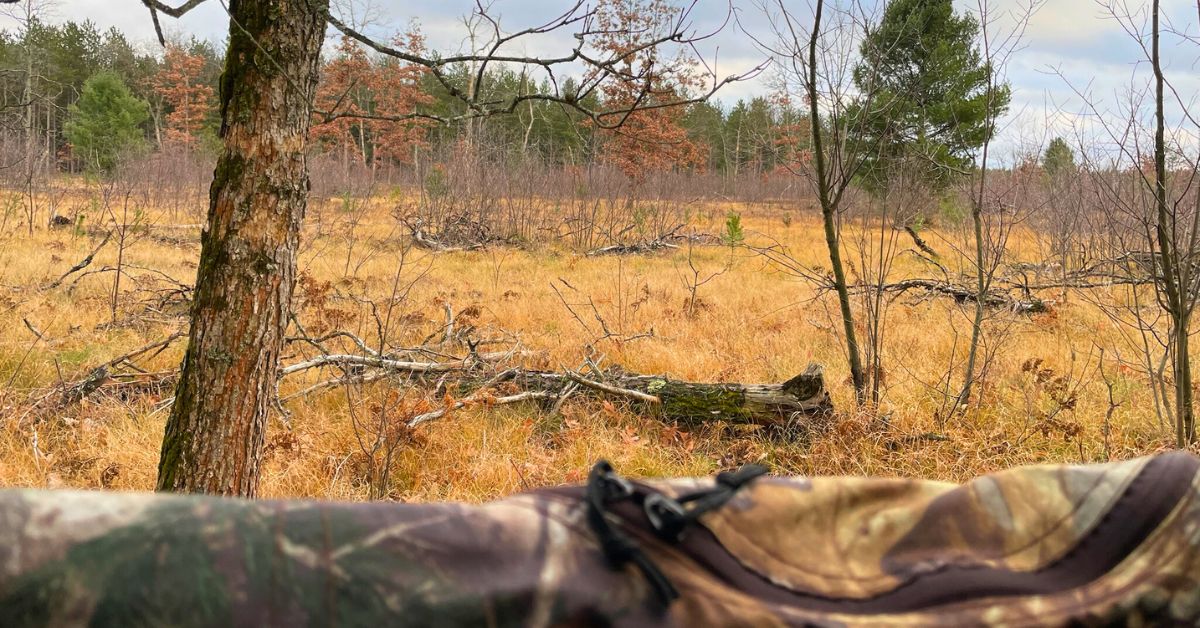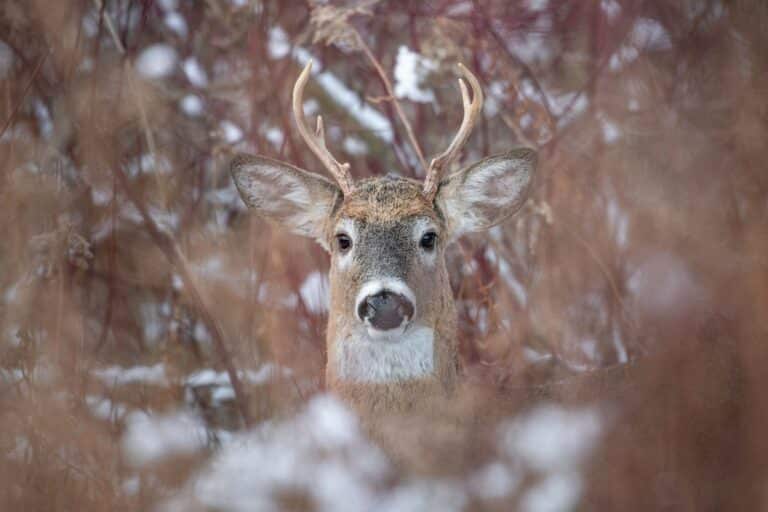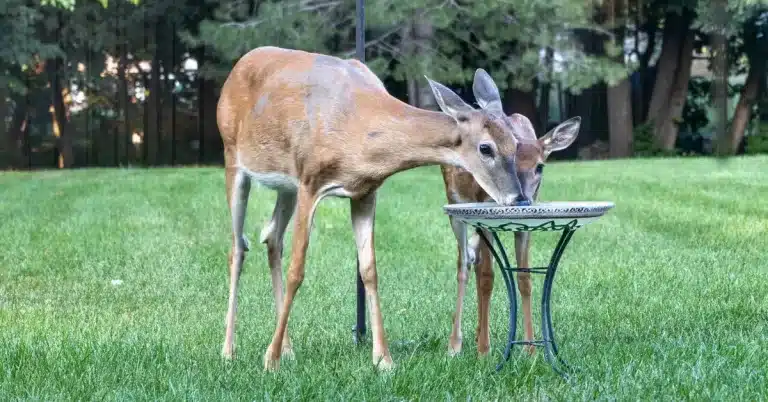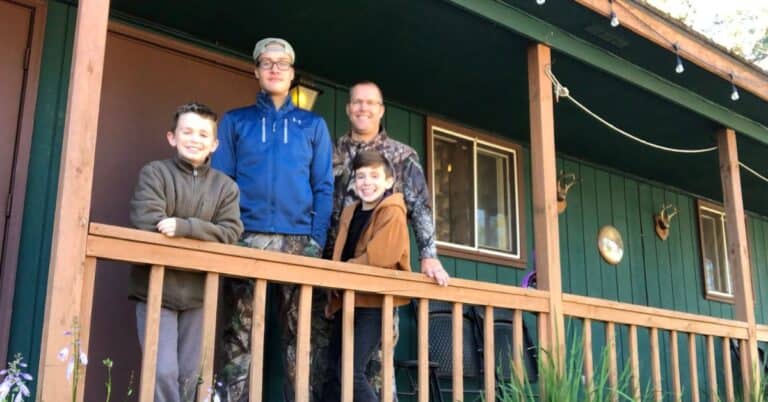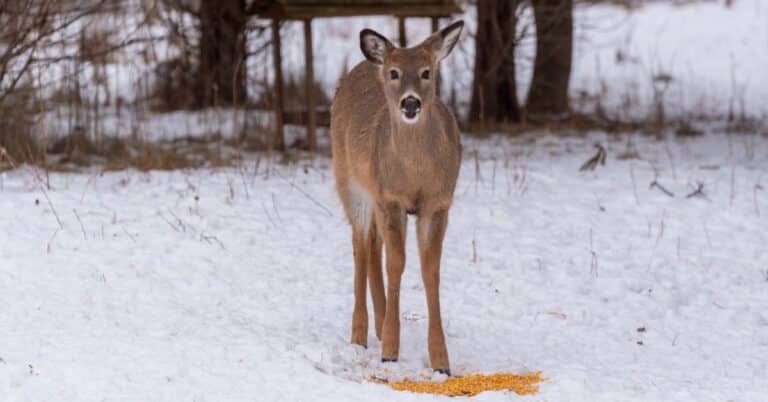How to Hunt Public Land in Michigan
My Advice for Good Hunting Etiquette.
Are you new to deer hunting and researching Michigan’s vast options and public land in search of the perfect spot? If you’ve ever wondered about hunting etiquette on public land, you’re not alone. Finding the right place and respecting fellow hunters can be tricky. Keep reading to learn how to hunt public land in Michigan. My tips are applicable for bow or gun season.
I recently read a conversation on Reddit, where a member asked the question “What is the number one piece of advice you would give a new hunter?” The overwhelming majority answered: “Don’t steal someone else’s spot.” Let’s dig deeper into this topic, my hunting etiquette advice, and how I handle common scenarios. After all, a successful hunt is not just about bagging game but also about fostering a positive hunting community.
Choosing the Right Spot:
When setting out into public land for hunting, I recommend giving yourself multiple options. Let’s say you arrive at your planned spot only to find another hunter’s vehicle nearby. What would I do? Avoid an awkward encounter by having alternative locations in mind. If there are signs of fellow hunters, it’s best to go back and find a new open spot. Planning and having multiple locations can save you from unintentional clashes, ensuring everyone has their space.
Navigating Regulations on Public Land:
Public land hunting comes with its set of rules and regulations, particularly regarding ground blinds and tree stands. Unlike private land, you can’t set up your blind in advance. On state land, the process involves carrying it in and out. For ground blinds, attaching a name tag with your full details is mandatory. This helps the Department of Natural Resources (DNR) identify ownership during their walk-throughs. Adhering to these regulations is not just about legality but also about promoting fairness and shared responsibility within the hunting community.
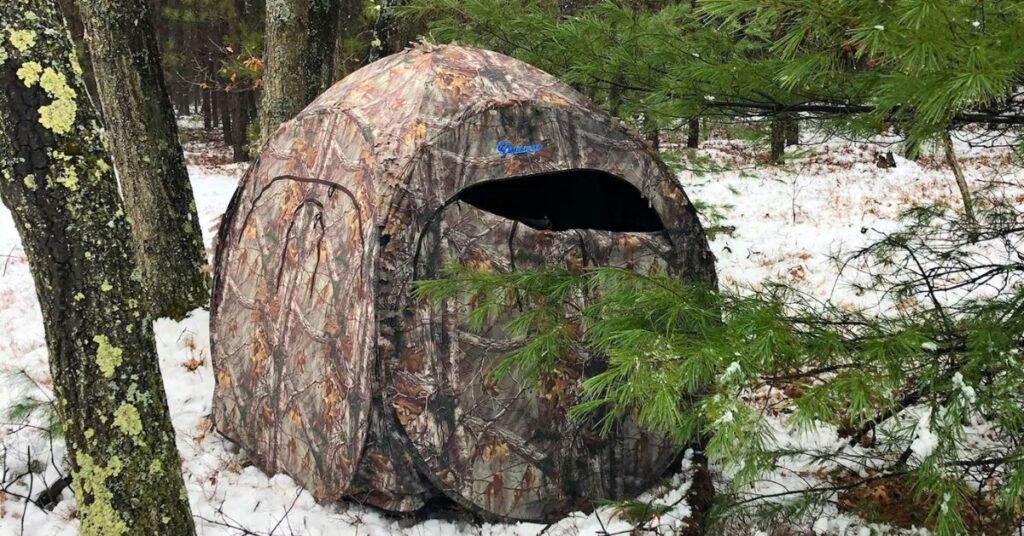
Dealing with Last-Minute Hunters:
As hunting season approaches, the rush for ideal spots increases, especially in the last few days. Some hunters may scramble, putting up blinds at the eleventh hour. While it might be frustrating to discover someone in your favorite spot, it’s essential to approach it with a positive mindset. Understanding the first come, first serve principle is key. Rather than confrontations, focus on being prepared and scouting multiple locations in advance. Remember, flexibility and adaptability are virtues in the world of hunting.
Hunting Etiquette Communication:
Establishing communication with fellow hunters is something to consider. If you find yourself in a shared hunting space and crossing paths where you can have a quiet conversation, consider exchanging friendly greetings and discussing your plans. This simple gesture can prevent misunderstandings and help everyone hunt cooperatively. A shared understanding of each other’s intentions fosters a sense of camaraderie among hunters.
Help Other Hunters:
If you come across another hunter struggling or in need of help, be ready to lend a hand. Whether it’s broken equipment, a lost item, or a simple request for directions, offering assistance builds a sense of community. Remember, everyone is out there to enjoy the hunt, and a helping hand can make the experience more enjoyable for everyone.
The Perimeter Trap:
A common pitfall for last-minute hunters is sticking close to their parked cars, hunting within 200 yards of the road. Unfortunately, this perimeter approach rarely yields successful hunts. Deer tend to move deeper into the woods, following natural resources like food, water, and bedding areas. For a more fruitful hunting experience, consider venturing further into the woods, perhaps half a mile to a mile from the road. Embrace the challenge of exploring deeper territories for a chance at a rewarding game.
Know the Local Hunting Culture:
Different regions may have unique hunting cultures and unwritten rules. Take the time to get familiar with the local customs and expectations. This can include preferred hunting practices, common courtesy, and any specific regulations that might vary from one area to another.
Wildlife and Environment Hunting Etiquette:
Beyond respecting other hunters, it’s crucial to respect and care for the wildlife and the environment. This means making sure animals are killed quickly and without unnecessary pain, following fair rules. Following these rules helps people see hunters and the sport in a good way.
Avoid disrupting the natural habitats of animals, and be mindful of your impact on the ecosystem. Cleaning up after yourself, including removing any litter, contributes to maintaining the beauty of public lands for everyone to enjoy. A simple way to think about this is to leave the area the way you found it.
Success Tips for Beginners:
Hunting etiquette on public land is not just a set of rules; it’s a shared commitment to creating a positive and respectful hunting environment. Whether it’s giving fellow hunters space, following regulations, or scouting multiple locations, each action contributes to a harmonious hunting community. As you embark on your hunting journey in Michigan, remember that success goes beyond bagging a deer; it’s about fostering camaraderie and upholding the spirit of the hunt.
You might enjoy a fun story about hunting lessons I learned from the mistakes my dad made.

